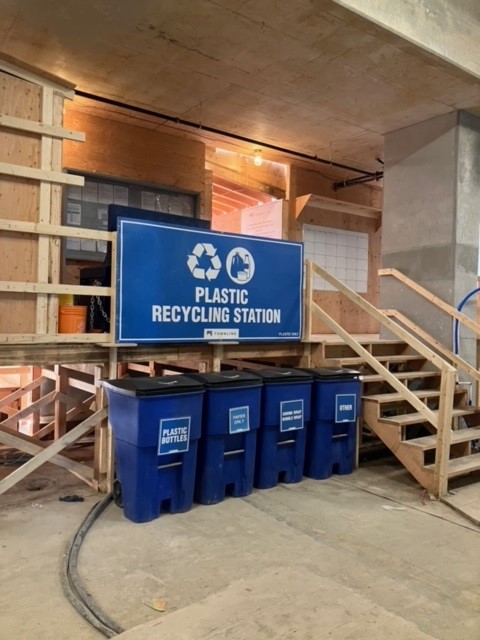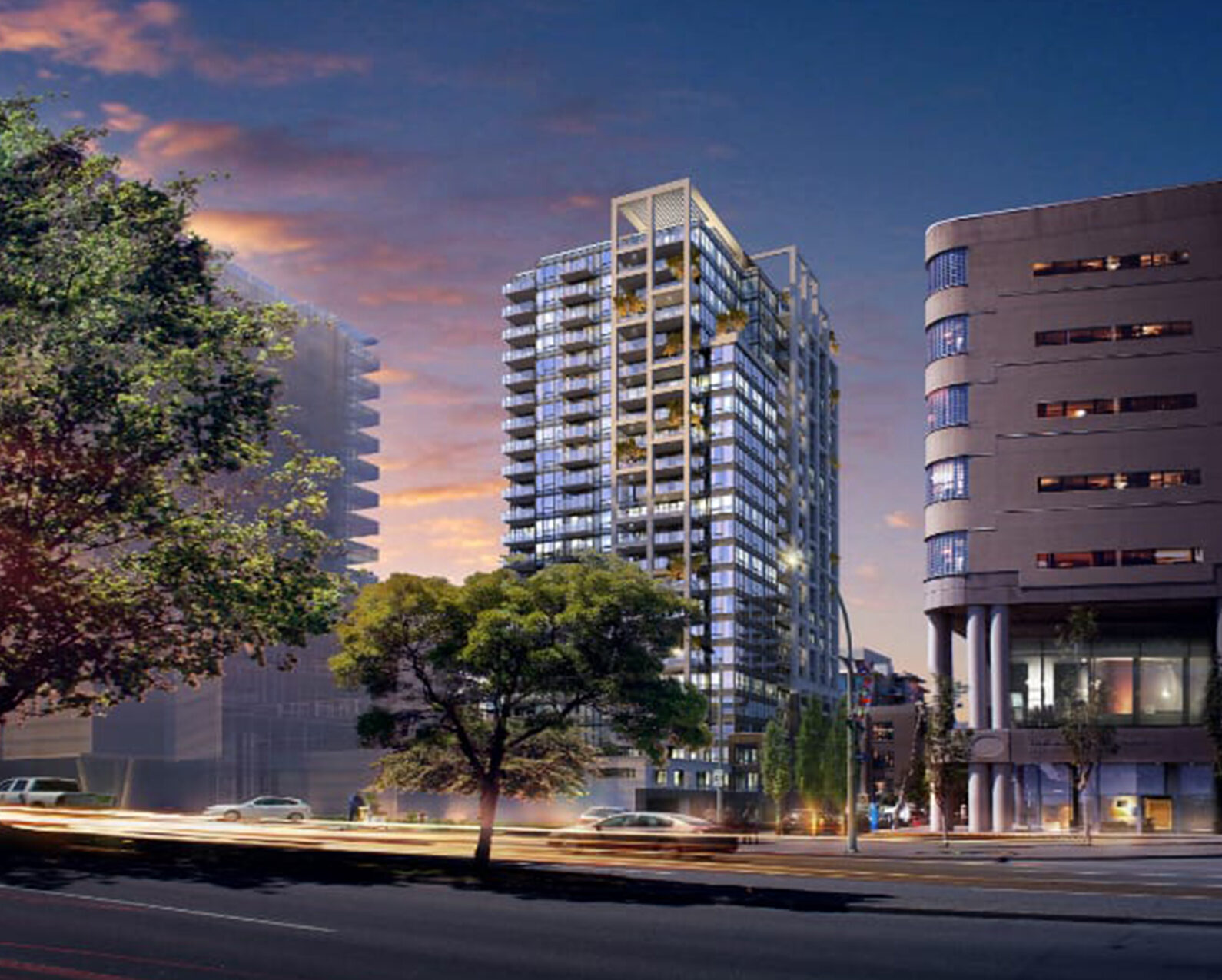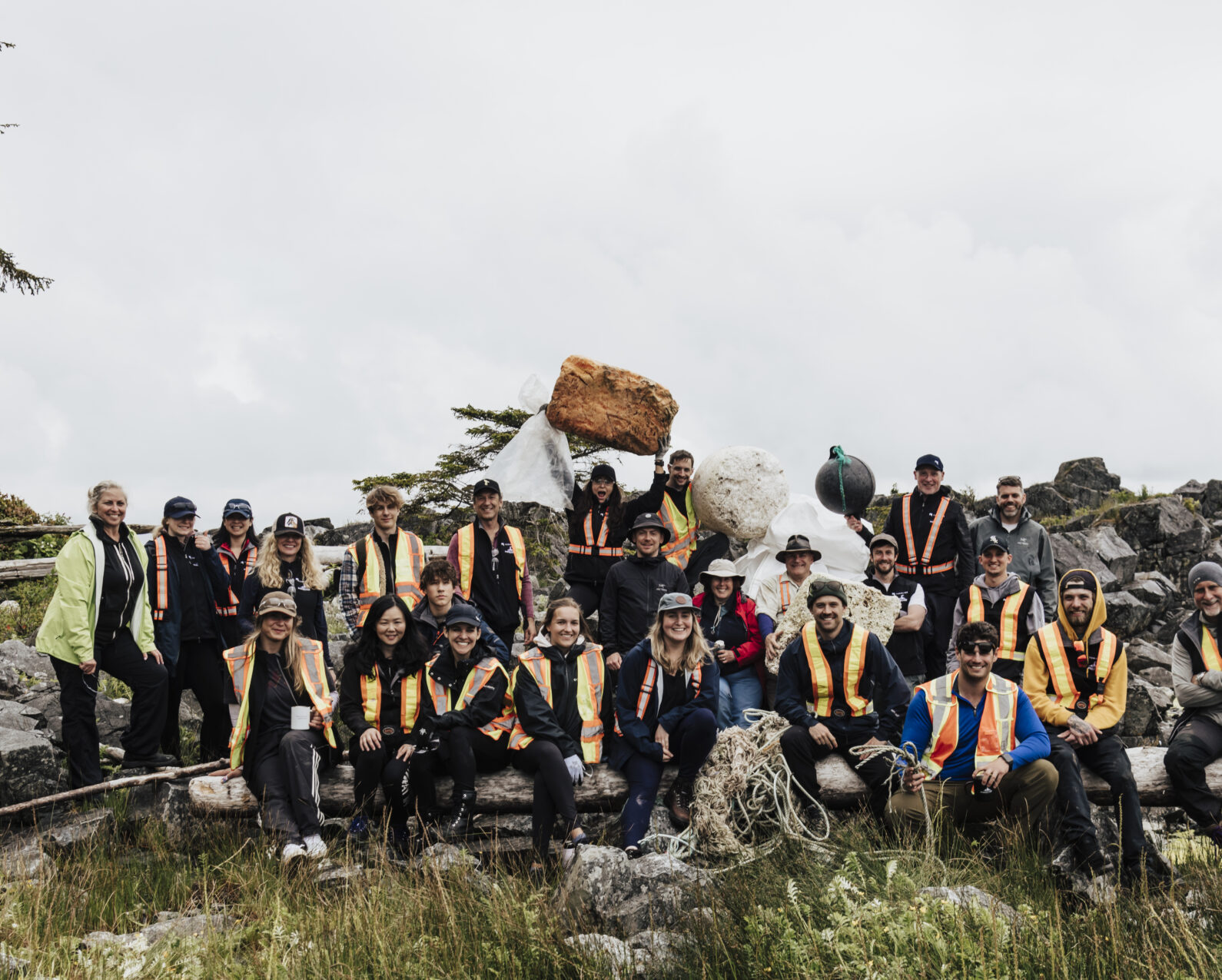
An 86 per cent cut in construction waste that was destined for landfills is only the beginning of the sustainability journey for Vancouver-based developer Townline, which is setting its baselines for the coming years.
Townline operates in Metro Vancouver, Vancouver Island, Los Angeles and Phoenix as a developer of low-rise and high-rise multifamily housing, non-market housing and mixed-use projects.
Construction waste is an issue it addresses frequently, and a problem the company cares about.
“It’s the type of organization we are,” Chris Colbeck, president of Townline, said in an interview with Sustainable Biz Canada. “It’s a culture we’re trying to create within our own company and lead by example for the construction industry.”
Since the beginning of 2023, Townline reduced its concrete, wood and clear plastic waste at its construction sites through recycling and reuse efforts, with concrete and wood as its most common waste materials.
Townline hopes to go further still with an ESG report due in 2024 that will help establish the basis for its goals covering the environment, its people and leadership.
Slashing construction waste
Colbeck said Townline has an “authentic passion for the local environment” and for reducing its construction waste and carbon footprint.
Construction in Canada generates approximately four million tonnes of materials that are sent to landfills per year, he said, leading to 1.8 million tonnes of embodied carbon.
From January to September of this year, Townline generated 2,743 tonnes of construction waste.
The company took steps to:
crush and screen concrete at offsite recycling facilities for reuse as a low-cost aggregate product;
reuse wood waste to be transformed into pallets, sawdust and wood chips, chipboard or fibreboard products, and landscaping products; and
offer plastic recycling, single-use water bottle bans and water bottle refill stations on its construction sites and offices.
Through its efforts, Townline diverted 1,329.6 tonnes of concrete, 865.3 tonnes of wood waste, 111.5 tonnes of metals and almost 71 tonnes of cardboard and clear plastic from landfills. The rates varied from 82 to 90 per cent on a month-to-month basis, averaging 86 per cent.
Townline does not yet have a figure for carbon emissions reduced by this initiative, saying it is too early to be able to compile all the necessary data.
Colbeck said more accurate figures for its waste diversion are to be published in March 2024 with the launch of its ESG report.
ESG report as its north star
The ESG report, Colbeck said, will guide the company on its sites and building activities with key performance indicators that will aid its efforts to reduce its environmental impact.
“The main goal for this reporting year was to establish a general baseline of where we stood on our key ESG-related objectives,” he said.
This covers environmental topics such as:
-climate change, waste reduction and the circular economy;
-social aspects like housing for social impact; and
-governance topics such as trust and transparency within the company.
There is a “big push” by Townline to establish the data for baseline reporting and its ESG strategy. Crucial to achieving this is reshaping the culture at Townline to consider sustainability from the top to the bottom.
This encompasses educating the company’s workforce on ESG and strategic partnerships, explaining to its interior designers, consultants, partners, construction teams, and sales and marketing teams why these decisions are being made, and implementing software to monitor the company’s progress.
Some short-term solutions Townline is exploring include better building envelopes, looking at its concrete mixtures and adopting Passive House design.
All of these actions, including the waste diversion efforts, come at a cost. But in addition to the impact on the environment, ESG is becoming increasingly important for business models and to its partners, Colbeck said, making it a necessary investment.
“So there is cost, but there’s also a cost to not doing this as well,” he concluded.


